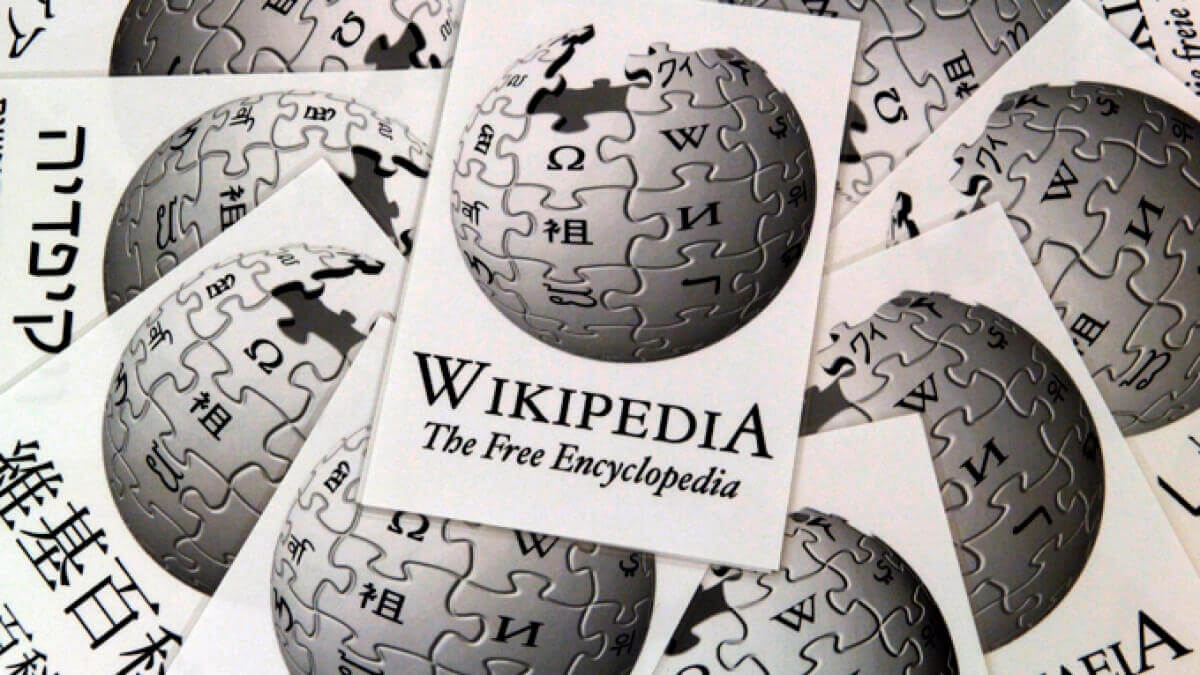Pakistani PM Shehbaz Sharif ordered the withdrawal of the ban on Wikipedia on Monday, just two days after Pakistan blocked the website for publishing “sacrilegious content.”
Overview
PM Sharif reportedly called for the ban to be withdrawn with “immediate effect.” According to a release by the PM’s Office, the restriction on access to Wikipedia was “not a suitable measure” to bar “objectionable content” because the “unintended consequences” outweighed the benefits.
Prime Minister @CMShehbaz has directed that the Wikipedia website be restored with immediate effect. The Prime Minister has also constituted a Cabinet Committee on matters related to Wikipedia and other online content. pic.twitter.com/fgMj5sqTun
— Marriyum Aurangzeb (@Marriyum_A) February 6, 2023
Pakistani Information Minister Marriyum Aurangzeb said that Sharif also called for a committee to be set up to review the ban on Wikipedia and issues related to “other online content.” The committee will look into alternative solutions to block objectionable content, while accounting for Pakistan’s “social, cultural, and religious sensitivities.”
The Wikimedia Foundation celebrated the ban’s reversal, saying that Pakistanis will be allowed to “benefit from and participate” in the website’s growth, which it said is a “global movement” that aims to ensure free and fair access to knowledge.
Ban on Wikipedia
Lifting this ban means that the people of Pakistan can continue to participate in a global movement that strives to share verified, reliable, and free knowledge. (3/3)https://t.co/2RCZX9kiG4
— Wikimedia Foundation (@Wikimedia) February 7, 2023
Pakistan Telecommunication Authority (PTA) announced on 4 February that it would block access to Wikipedia over its refusal to comply with a 48-hour deadline to take down “sacrilegious content.” According to Malahat Obaid, a PTA official, the content “hurt the sentiments of Muslims.
However, the information available to the public did not clarify what content was considered problematic.
The Wikimedia Foundation condemned the decision on the same day, saying the move would deny “the fifth most populous nation in the world access to the largest free knowledge repository.” Further, it denied the world access to Pakistani “knowledge, history, and culture.” It further called on the Pakistani government to support the company’s “commitment to knowledge as a human right.”
We believe that access to knowledge is a human right. A block of @Wikipedia in Pakistan denies the 5th most populous nation in the world access to the largest free knowledge repository. If it continues, it will also deprive everyone access to Pakistan's history and culture. (3/4)
— Wikimedia Foundation (@Wikimedia) February 4, 2023
As a crowd-sourced content aggregator, Wikimedia Foundation said that it does not decide on the nature and maintenance of content on its platform. The English-language version of the website gets over 50 million views each month in Pakistan.
Blasphemy in Pakistan
Blasphemy remains a punishable offence in Pakistan, barring anyone from insulting Islam or religious figures and scriptures. It can even result in a death sentence. However, Pakistan has not executed capital punishment in blasphemy cases yet.
The issue often results in vigilantes taking matters into their own hands, causing mob violence and lynchings. According to Al Jazeera, 80 people have been killed in relation to blasphemy allegations since 1990. This list includes family members of those legally charged with blasphemy, the accused’s lawyers, and at least one judge.
Concerningly, experts believe that blasphemy laws are often used against religious minorities. The deficient standard of proof to prove the crime has also resulted in being used to seek vengeance for personal disagreements.
#StatecraftInTheNews: 🇵🇰🇺🇳 #UN Human Rights Council members urge #Pakistan to end child marriages and prevent the misuse of blasphemy laws.#UPR42 pic.twitter.com/uo9ES6Ho0V
— Statecraft (@statecraftdaily) January 30, 2023
In light of strict standards of blasphemy in the country, Pakistani has also blocked several games, social media applications, and websites. For instance, YouTube was blocked from 2012 to 2016 over “blasphemous” content that depicted Prophet Muhammad, whose physical representation is rejected by the Islamic community.

